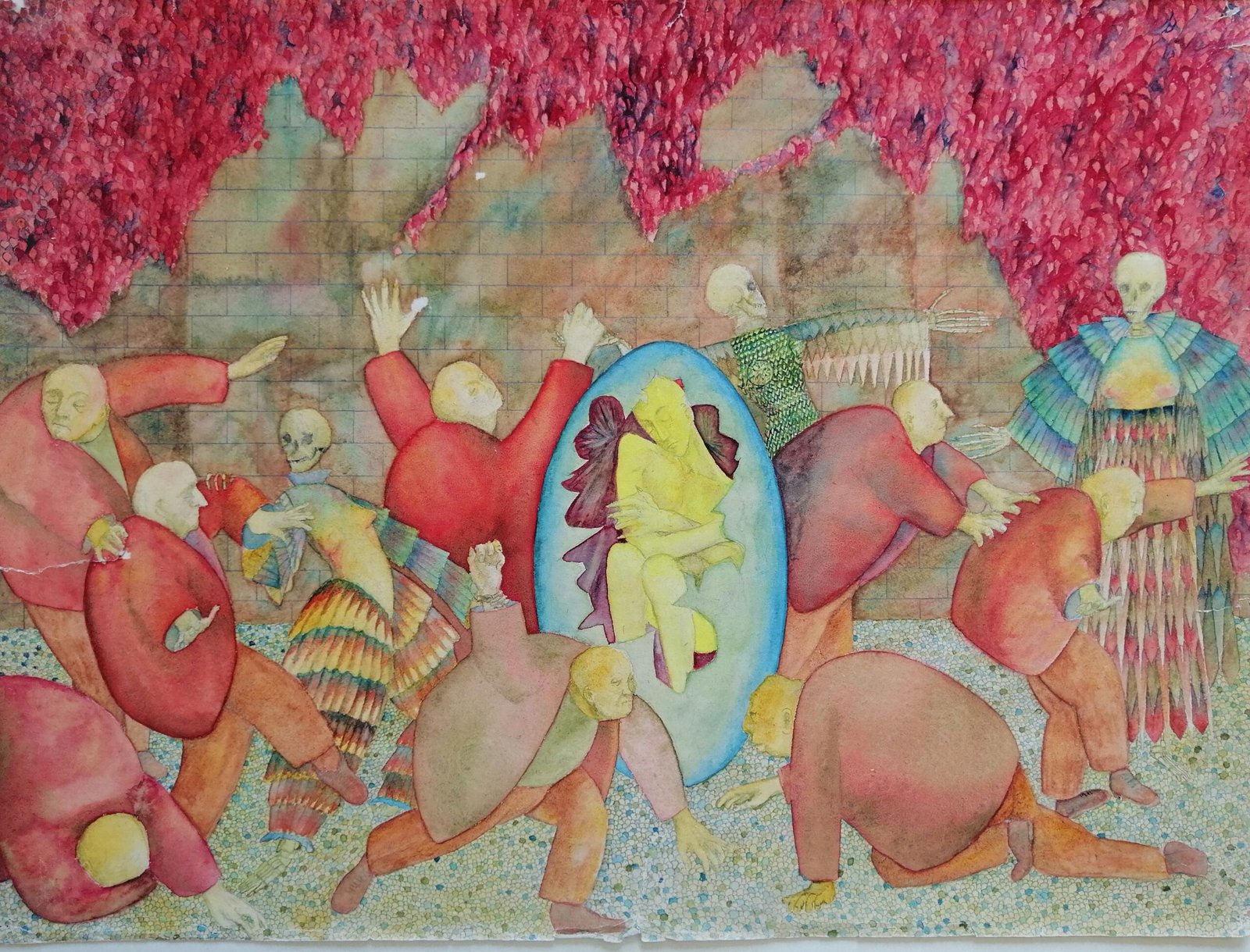What an extraordinary world we live in! On the one side in Geneva scientists are hopping with excitement as they sniff the presence of Higg’s boson or the God particle as some like to call it which promises to give us a unified picture of the universe out there; on the other side, right here with the wretchedly human we have disunity and fragmentation threatening. To consider Europe alone new questions are formed in the disarray and old assumptions are given new exposure.
90 years ago at the treaty of Versailles Europe was broken up according to the principle that ethnicity and language should determine frontiers and states. The idea of Europe that had been evolving over a long period was submerged, and two tyrannical forces stepped into the vacuum – Hitler and Stalin. Now Europe is trying to be recreated but as Humpty-dumpty experienced, once you have fallen into pieces it is not easy to get put together again. Formerly Europe was only an idea of culture. Political union (which Napoleon had envisaged through personal domination) and economic union were not on the horizon. Now, according to the pundits, they are the only way forward.
Is there still a cultural idea of Europe? What would that mean in the world of today? Not some ideological unifying banner or hegemonic aspiration. Not something that defines ‘them’ from ‘us’. Not a religious tag. So what? If we look back before we look forward we acknowledge an enormous Greek contribution to the idea of Europe. A cursory glance around the European peninsula and its islands and we must also acknowledge Roman, German, French, Italian, Scandinavian, Slavonic, Spanish, British contributions including areas that lie between like the Netherlands and Ireland. Profound influences have also penetrated from outside the geography from the Hebrews and the Arabs, for example. So what is this Europe? Europe is real in its difference, in its aspirations and achievements. Its future must be aware of its past without being drawn back into its shadows. By definition it defies definition.
That doesn’t mean the idea is non-existent. Ideas are realities. If the idea of Europe is based on economics and the subservience of politics to economics then a corresponding Europe will emerge. Is this what Europe aspires to? Greek and Italian cultures arose and created for the future. What can Europe now create for the future? To define it by its past is to refuse it a future.
I had in mind to mention briefly two contemporary faces of this extraordinary world from science and politics. I got waylaid by a train of thought which has taken me away from my original intention. By the way a third face of this e. w. is the sharp autumn sunlight on the gold-brown leaves that cling to the birch tree rising in my garden against a cool blue sky.
What I meant to write about comes from the previous blog. The language of metaphor can be powerful and being powerful it can be dangerous. The comparison of the hidden acts of the powerful to the veiled features of a Muslim woman may seem dangerously slanted. It might seem to imply that the niqab should be seen as unlawful or criminal in some way (which it is in some countries) or that all heads of finance or global corporations are united in some sectarian community to defy the norms of decent society. When I wrote the last blog I had no such considerations in mind. I was drawn to observe how different groups come to regard certain acts as acceptable, even praiseworthy which are seen by others as reprehensible. There are quite a few examples of this which are exposed in our multicultural societies. I wondered why it should ever come to be accepted that the rewards of those in high positions can be decreed and awarded without any reference to the public nature of salaries which is rightly applied in lower echelons of society. In the painful history of capitalism we have come to glimpse that the ‘iron law of wages’ (so vigorously defended in the 19th century) offends the dignity of human beings. Without entirely freeing ourselves from this error we accord to the well-placed the privilege of a kind of ‘steam law of reward’ which can go as high as the atmosphere will allow. We will entirely free society from iron laws and steam laws when it is recognised that rewards are founded on rights perceived by the community, not on grab-what-you-can-get.
I will return to these questions and also to thoughts on metaphor, its virtues and its dangers another time.
Now for the visual before ending.



Now the poem
Clouds doing what clouds do –
the river doing what a river does –
the trees – ah – trees aflame so slow
to show us all that in them is.
(from my collection of poems, Night talks)
au revoir

